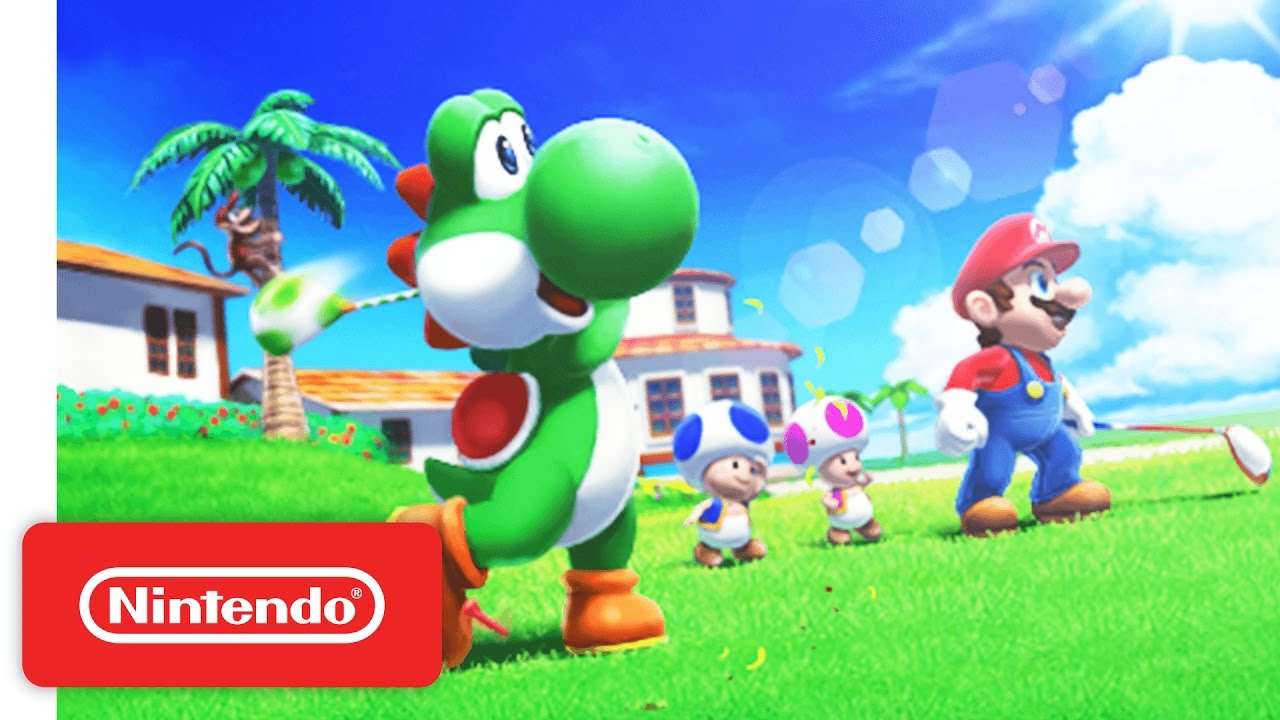Rian Johnson’s Poker Face, streaming on Peacock, is more than just a mystery-of-the-week series; it’s a loving and clever homage to the classic detective shows of the 1970s and 80s, particularly Columbo․ Natasha Lyonne shines as Charlie Cale, a casino worker with an uncanny ability to tell when someone is lying․ Her unique talent propels her through a series of engaging and often darkly humorous cases, making Poker Face a refreshing and highly entertaining addition to the current television landscape․ This show successfully captures the spirit of those vintage procedurals while injecting a modern sensibility and Lyonne’s distinctive charisma․
A Modern Twist on a Classic Formula
Poker Face distinguishes itself not only through its nostalgic charm but also through its narrative structure․ Each episode unfolds in a “howcatchem” format, meaning we witness the crime upfront and then follow Charlie as she unravels the truth․ This inverted approach allows for a focus on character development and suspense, creating a compelling viewing experience even when the plot points seem familiar․ The supporting cast in each episode is equally strong, featuring a rotating roster of well-known actors who deliver memorable performances․
Highlights of the Show
- Natasha Lyonne’s Performance: Lyonne’s portrayal of Charlie is captivating․ She embodies the character with a perfect blend of wit, vulnerability, and determination․
- Engaging Mysteries: While the formula is familiar, the mysteries themselves are cleverly crafted and feature surprising twists․
- Nostalgic Appeal: The show’s aesthetic and tone evoke a sense of nostalgia for classic television without feeling derivative․
Comparing Poker Face to Other Mystery Shows
| Feature | Poker Face | Columbo | Knives Out |
|---|---|---|---|
| Detective Style | Intuitive, Observant | Deceptive, Persistent | Analytical, Methodical |
| Narrative Structure | “Howcatchem” | “Howcatchem” | Whodunit |
| Tone | Darkly Humorous, Quirky | Suspenseful, Cerebral | Witty, Engaging |
The show’s writing consistently delivers sharp dialogue and unexpected plot turns, ensuring that each episode feels fresh and exciting․ The use of vibrant colors and vintage-inspired cinematography further enhances the show’s distinctive style, creating a visually appealing and immersive viewing experience․ While the episodic nature of the show might not appeal to everyone, the consistent quality and strong performances make it a worthwhile watch․
Ultimately, Poker Face is a successful and enjoyable series․ It’s a testament to the enduring appeal of classic mystery tropes, revitalized by a talented cast and a clever creative vision․ The blend of nostalgia and modernity makes it a standout show in a crowded television landscape․ As we conclude this review, it’s clear that Poker Face is a winning hand for Peacock․
But does the show rely too heavily on its nostalgic elements? Are the mysteries complex enough to truly challenge viewers, or are they more about enjoying the ride with Charlie? Could future seasons benefit from exploring more complex themes or delving deeper into Charlie’s past? And with such a strong focus on individual episodes, will the series be able to develop a satisfying overarching narrative in the long run?
Questions Arising from Success
Given its popularity, what impact will Poker Face’s success have on the future of episodic television? Will we see a resurgence of “mystery-of-the-week” formats, or will streaming services continue to prioritize serialized dramas? How will the show adapt to evolving viewer expectations and the ever-changing media landscape? And considering the reliance on guest stars, will the show be able to maintain its high level of talent in subsequent seasons?
Further Considerations
- Is the show’s humor accessible to a broad audience, or does it cater more to fans of Natasha Lyonne’s previous work?
- Could the series benefit from incorporating more diverse perspectives and storylines?
- How does Poker Face compare to other recent attempts to revive classic TV genres?
The Future of the “Howcatchem”
With its unique formula, does Poker Face offer a sustainable model for the “howcatchem” format in the 21st century? Can other shows learn from its success in blending nostalgia with modern sensibilities? And most importantly, will Charlie’s uncanny ability to detect lies continue to captivate audiences for years to come? Is there a limit to the believability of her skill, or can the writers continue to find clever ways to incorporate it into the narratives?
So, with all these questions swirling, can we definitively say that Poker Face has redefined the mystery genre? Or is it simply a well-executed and charming tribute to the past? Perhaps the answer lies somewhere in between․ But one thing is certain: the show has sparked a conversation about the enduring appeal of classic television and the potential for innovation within familiar formats․ What does this say about our collective desire for comfort and predictability in an increasingly chaotic world?


